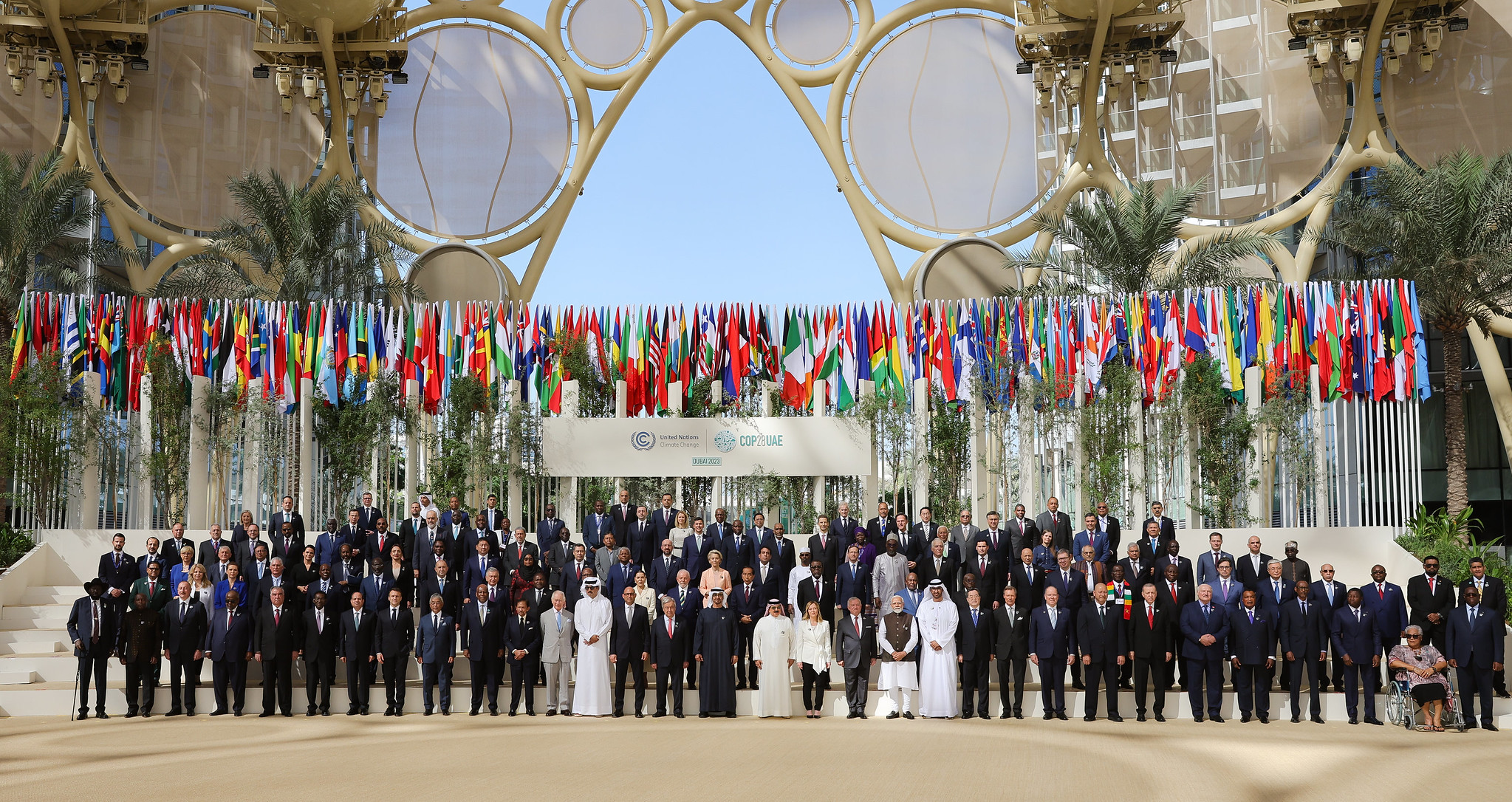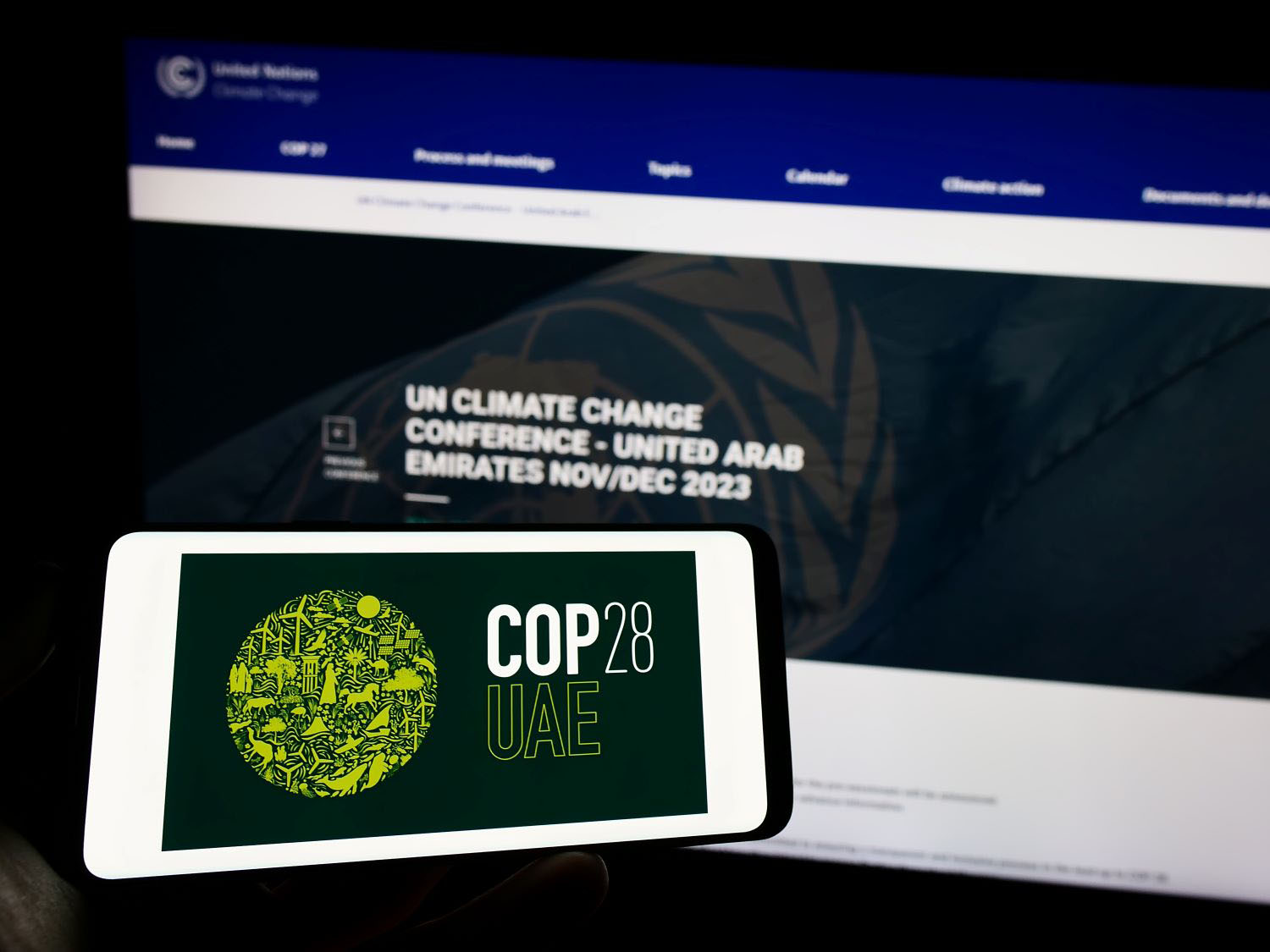What’s going to be President Obama’s legacy on Africa? President Clinton championed AGOA, still the core of US-Africa trade relations. President Bush built PEPFAR and the MCC. There’s an outside chance that Feed the Future could be Obama’s lasting contribution, but I think the jury’s still out. So what kind of big impact-big splash effort could we hope for in the next four years, from either a second Obama term or a new Romney administration?My starting assumption is that any new White House effort on Africa policy would have to meet the following criteria:
- Addresses a real problem that affects both economic growth and human welfare
- Has very limited direct fiscal costs by leveraging private investment
- The United States has some clear role or comparative advantage
If my assumptions are correct, then this seems like a no-brainer:
the next big White House effort in Africa should be on promoting access to electricity.Nearly
seven out of every ten Africans still have no access to modern electricity. This affects their health and education and it especially limits economic opportunities. Survey data consistently point to cost and reliability of electricity as among the very
top constraints to business growth. It’s also no coincidence that investment in the power sector is a major priority for almost every African government.Fortunately, the United States has low-cost tools to help make this happen. Yes, there is need for soft money to nudge projects along, encourage early-stage technologies, and reach some remote areas. But the bulk of the financing for new power generation and transmission will come from private sources, multilateral development banks, or government agencies like OPIC (which actually contributes money into the US Treasury every year). Power is also an area that American companies can make a major contribution while also expanding their own market reach.However, to launch a major effort to close the
energy poverty gap in Africa would require some political and bureaucratic capital. I can think of at least two major prerequisites for a successful presidential initiative on electricity:
- Rationalizing US policy tools to promote private investment. There are plenty of useful federal agencies and instruments to get this done, but they are spread across the bureaucracy and (despite some valiant efforts at coordination such as the experimental Partnership for Growth), the current interagency is still far too fragmented and confused to be deployed efficiently. At a minimum, OPIC could be bolstered to lead this effort. Even better would be a consolidation of various agencies and programs working on private investment under one roof, perhaps along the lines of the US Development Bank proposed by the ONE Campaign’s Ben Leo and me.
- A negotiated truce with the environment lobby. Powerful political constituencies who are concerned about climate change or local environmental impact may see such an effort as a threat. For example, in response to special interests, OPIC has put in place a greenhouse gas emissions policy that means it can barely participate in natural gas-fired power projects, even in countries that are dirt poor and have almost zero emissions. Yes, some of the energy poverty gap can be closed via renewables and new off-grid technologies (OPIC is doing a lot of this already). But Africa’s cities and industrial zones are invariably going to need additional traditional on-grid power fueled by these countries’ own natural gas. Some compromise with the environmental lobby will have to be found that meets both global emissions goals and allows poor people to turn on a light. (Here’s one such idea I have floated already.)
As both presidential campaigns start thinking about future foreign policy initiatives, a commitment to close the energy poverty gap in Africa seems like a winner for 2013.
CGD blog posts reflect the views of the authors, drawing on prior research and experience in their areas of expertise.
CGD is a nonpartisan, independent organization and does not take institutional positions.





